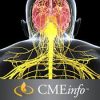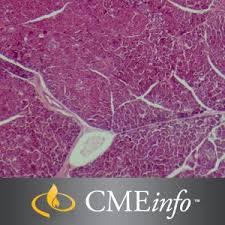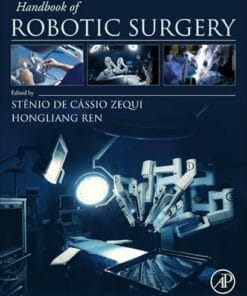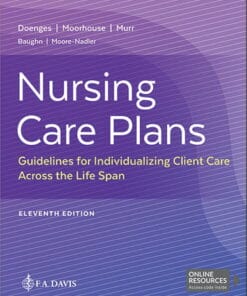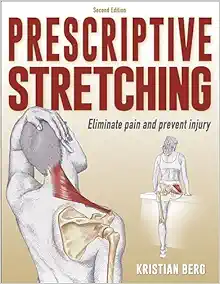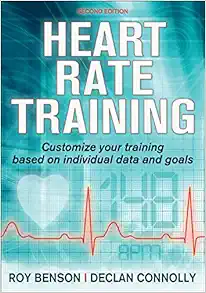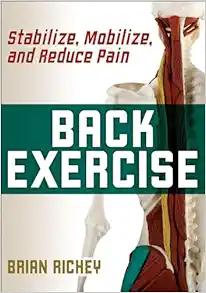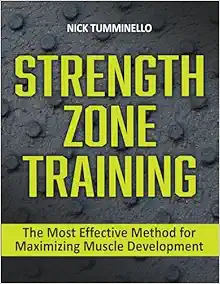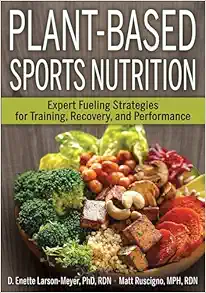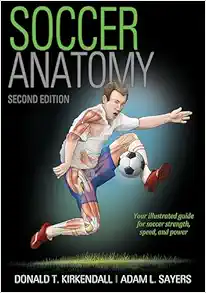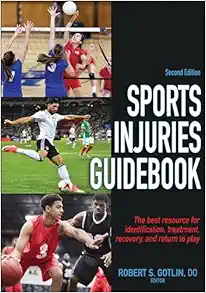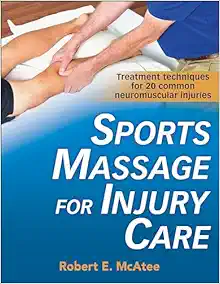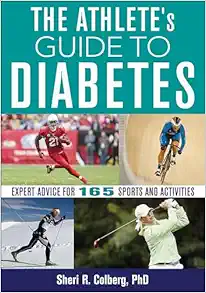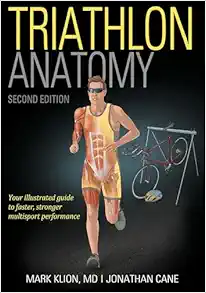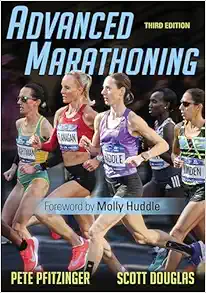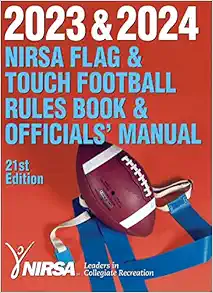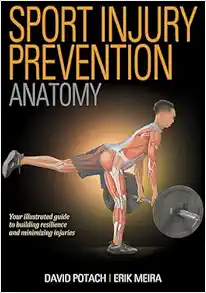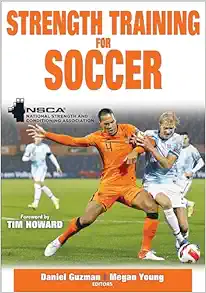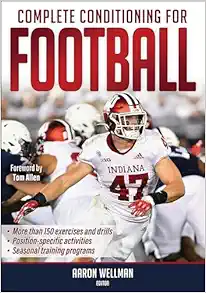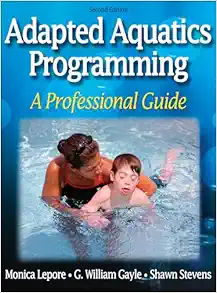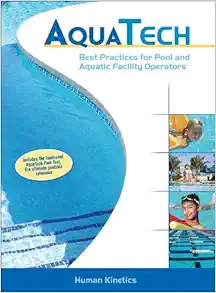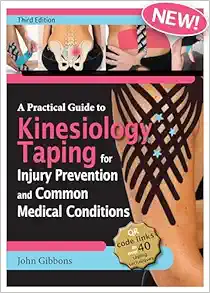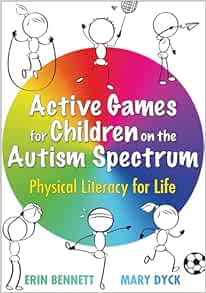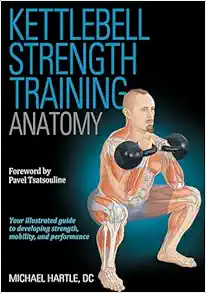Pancreatobiliary Pathology – A Comprehensive Review VIDEO + PDF
Enhance Your Diagnostic Skill Set in Pancreatic Pathology
This program of 13 state-of-the-art lectures is designed to expand your knowledge of neoplastic and non-neoplastic pancreatic lesions. It covers common and rare neoplasms, transplant pathology and lesions associated with alcohol abuse. It is designed to close the knowledge gap that exists in medical centers that do not see a high volume of pancreatobiliary lesions. The program will increase confidence in the interpretation of pancreatic specimens while highlighting critical diagnostic pitfalls. It is taught by faculty working at centers that see large numbers of patients with pancreatic disease and is ideal for pathologists and gastroenterologists looking to enhance their knowledge and diagnostic skills. The course will help you to better:
- Recognize common and uncommon pancreatic lesions, including those associated with alcohol abuse
- Interpret frozen sections
- Discuss the biology of pancreatic ductal carcinoma, including molecular underpinnings and immunolabeling
- Describe which pancreatic lesions are premalignant
- Identify biliary tract lesions with confidence
- Discuss pancreatic transplant pathology
Discover New Guidelines
A clinically based review, this learn-at-your-own-pace course in pancreatic pathology provides a maximum of 10.5 AMA PRA Category 1 Credits ™. Available online, it provides access to unbiased, evidence-based content and case-based reviews so that you may expand your knowledge of this critical sub-specialty. This activity meets the American Board of Pathology’s Maintenance of Certification (MOC) requirements for Part II (CME and SAMs) Lifelong Learning and self assessment.
- I’ll Drink To That: Pancreatobiliary Findings Associated With Alcohol Abuse – Christina A. Arnold, MD
- Algorithmic Approach to Pancreatic Pathology – Christina A. Arnold, MD
- Instructive Cases 2 – Groovy Tumor Mimics – Christina A. Arnold, MD
- Frozen Section Nightmares – Aatur D. Singhi, MD, PhD
- Caught in the NET – Neuroendocrine Neoplasms of the Pancreas, Sporadic and Syndromic – Aatur D. Singhi, MD, PhD
- Pancreatic Fine needle aspiration cytology: a review of solid and cystic lesions – Aatur D. Singhi, MD, PhD
- Pancreatic Transplant Pathology with Instructive Cases – Aatur D. Singhi, MD, PhD
- Ductal Adenocarcinoma of the Pancreas: From Grossing to Mutations, All You Need to Know for the Most Common of All Pancreatic Tumors – Oliver G. McDonald, MD, PhD
- Premalignant lesions of the pancreas – Oliver G. McDonald, MD, PhD
- Instructive Cases 4 – Focus on Exploiting Immunohistochemistry and Molecular Techniques to Aid in Diagnosis – Oliver G. McDonald, MD, PhD
- It’s Galling – Neoplasia of the Gallbladder and Extrahepatic Bile Ducts – Elizabeth Montgomery, MD
- Instructive Cases 1 – Focus on Mesenchymal Lesions – Elizabeth Montgomery, MD
- Instructive Cases 3 – Focus on Rare Neoplasms of the Pancreas – Elizabeth Montgomery, MD
-
Designation
Oakstone Publishing, LLC designates this enduring material for a maximum of 10.5 AMA PRA Category 1 Credits ™. Physicians should claim only the credit commensurate with the extent of their participation in the activity.
Date of Original Release: September 15, 2015
Date Credits Expire: September 15, 2018
Estimated Time to Complete: 10.5 hoursCME credit is awarded upon successful completion of a course evaluation and post-test.
This activity meets the American Board of Pathology’s Maintenance of Certification (MOC) requirements for Part II (CME and SAMs) Lifelong Learning and self assessment.
Learning Objectives
At the conclusion of this course, the participant will be able to do the following:
- Recognize common and uncommon pancreatic lesions, including those associated with alcohol abuse
- Interpret frozen sections
- Discuss the biology of pancreatic ductal carcinoma, including molecular underpinnings and immunolabeling
- Describe which pancreatic lesions are premalignant
- Identify biliary tract lesions with confidence
- Discuss pancreatic transplant pathology
-
Intended Audience
Pathologists and gastroenterologists looking to enhance their knowledge and diagnostic skill set.


